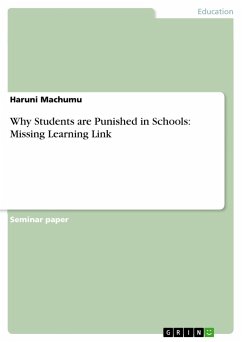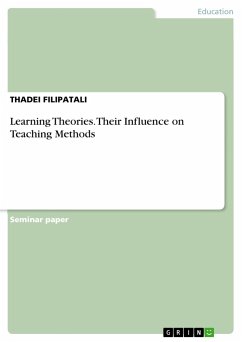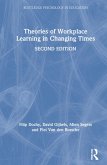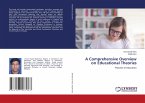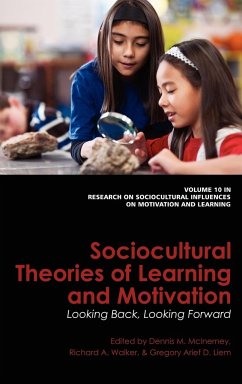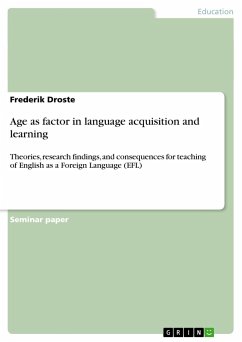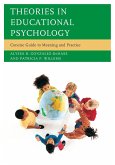Certain basic assumptions, essential to any scientific activity, are sometimes called theories. That nature is orderly rather than capricious is an example. Certain statements are also theories simply to the extent that they are not yet facts. A scientist may guess at the result of an experiment before the experiment is carried out. The prediction and the later statement of result may be composed of the same terms in the same syntactic arrangement, the difference being in the degree of confidence. No empirical statement is wholly non-theoretical in this sense, because evidence is never complete, nor is any prediction probably ever made wholly without evidence. The term "theory" will not refer here to statements of these sorts but rather to any explanation of an observed fact which appeals to events taking place somewhere else, at some other level of observation, described in different terms, and measured, if at all, in different dimensions. Research designed with respect to theory is also likely to be wasteful. That a theory generates research does not prove its value unless the research is valuable. Much useless experimentation results from theories, and much energy and skill are absorbed by them. Most theories are eventually overthrown, and the greater part of the associated research is discarded. This could be justified if it were true that productive research requires a theory, as is, of course, often claimed. It is argued that research would be aimless and disorganized without a theory to guide it. The view is supported by psychological texts that take their cue from the logicians rather than empirical science and describe thinking as necessarily involving stages of hypothesis, deduction, experimental test, and confirmation. But this is not the way most scientists actually work. It is possible to design significant experiments for other reasons and the possibility to be examined is that such research will lead more directly to the kind of information that a science usually accumulates.
Hinweis: Dieser Artikel kann nur an eine deutsche Lieferadresse ausgeliefert werden.
Hinweis: Dieser Artikel kann nur an eine deutsche Lieferadresse ausgeliefert werden.


